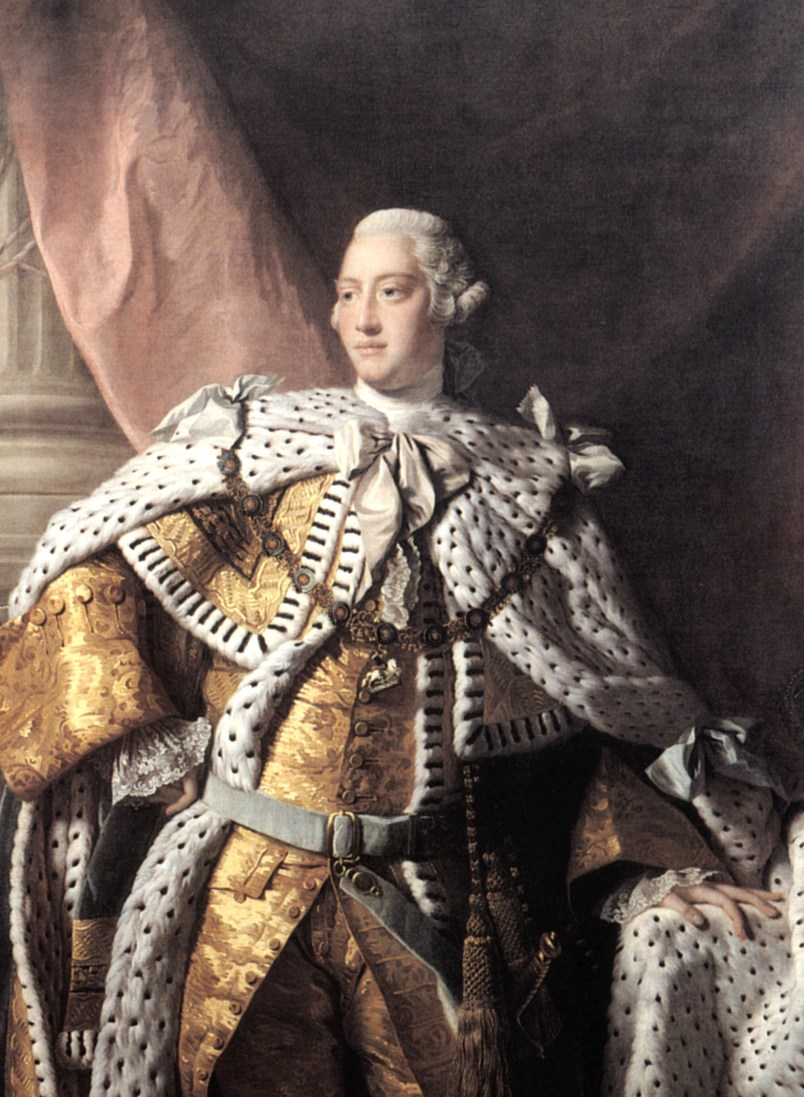This may seem like a minor point. But I thought it’s worth saying because I have seen a minor rearguard argument to this effect: that the SCOTUS immunity decision doesn’t actually change any laws, doesn’t change what a president can and can’t do. It simply removes the possibility in many or most cases for post-presidency prosecution, something which has actually never happened in American history until last year. This is notionally a good point, but in a purely notional way. It’s true as applied to presidents who didn’t need this kind of hammer hanging over them. All of us are constantly through every day abiding by laws even though we’ve never been prosecuted — or at least most of you, maybe some have been prosecuted before — for breaking a criminal law. We report all our income on our taxes; we don’t fraudulently sign documents; we don’t steal from the store. Most of us act that way just because it’s the right thing to do, though most of us have been tempted at the margins. But laws work in complicated ways. Much of our understanding of what is the right thing to do is in fact conditioned by the laws themselves. As we’ve noted before, laws and prosecutions are not only to keep people in line and punish wrongdoers. They are how societies speak to themselves about what is acceptable and what is not.
Quite simply, what makes a law a law is the prospect of criminal punishment if the law is violated. Otherwise it’s a guideline or a suggestion. If no laws apply to the president — and that really is what this decision says, beneath all the “official acts” mumbojumbo — he or she really can do anything they want. We are making a statement as a society that a president isn’t simply immune from prosecution but needs to be and is above the law.
To state the obvious, this has all quite recently become far from theoretical. The ruling comes in response to a prosecution in which the presidential defendant was unquestionably engaging in bad acts, official or not. This should have been a case in which proponents of robust presidential power were quite worried. Bad facts make bad law and these are very bad facts. But on these facts six justices decided to open the floodgates. And even though some of us are still thinking SCOTUSes are hived off from the concerns of the day, this comes in the context of the self-same lawbreaker quite possibly becoming president again. It’s not too much to say that this decision appears to be written on the understanding that if you’re team’s president is a big time lawbreaker he’s going to need big time immunity.
Let me return briefly to the issue of the historical falsity of this decision. The so-called “founders” never spoke with one voice. The debates around the Constitution wouldn’t have been debates if everyone agreed. But one thing there was overwhelming consensus about, one thing that all parties were extremely focused on, was the fear of accumulating too much power in the hands of any single person. It’s almost the foundational concern of the 1770s and 1780s. In creating the American presidency, the authors of the Constitution knew they were creating a very powerful and potentially very dangerous creature. And because of that they hedge the person around with various limitations. Critically, they created a political process for deposing that person. They knew and believed above all else that great power was inherently dangerous and needed to be constrained. The fear that executive power might be looking over its shoulder too much because of meddlesome ankle-biters trying to limit or harass it was always a distant and secondary concern. But the immunity decision acts as though this is basically the Constitution’s only concern: letting executive power’s freak flag fly. This is wholly at odds with the letter and spirit of the document and — to the extent this should be controlling — the age in which it was created.
This actually gets to something that isn’t well enough understood and goes to the heart of the nonsense of “official acts.” The American presidency is modeled off 18th century kingship. It is in key ways a relic of 18th century monarchy. Of course, the new Americans were trying to move away from monarchy. But when they felt the need to create a new and more powerful national government and chief executive, monarchy was the only model they knew. So they based it very much on that model and then fenced it in with various limitations. It’s elective for fixed terms. The occupant of the office can be overruled in various ways. They can even be removed from office through a specific quasi-legislative/quasi-judicial process. But the presidency’s DNA is still very much that of 18th century monarchy. That makes the office very different than the 19th and 20th century model of the Westminster prime ministership. Where we see that is in the essentially personal character of presidential power. Much of the president’s power and authority is based on their will, their various prerogative powers. Pardoning, accepting or refusing laws, nominating those who administer the government. Most of these powers are limited in some way. But they still derive from the will of the president. Again, it’s an archaic office in many ways.
There’s nothing the architects of the American republic were more focused on or fearful of than the accumulation of too much power in any one person’s hands. The idea they ever would have imagined the kind of immunity and impunity the Supreme Court just corruptly granted in their name is simply absurd.


 Member Newsletter
Member Newsletter
